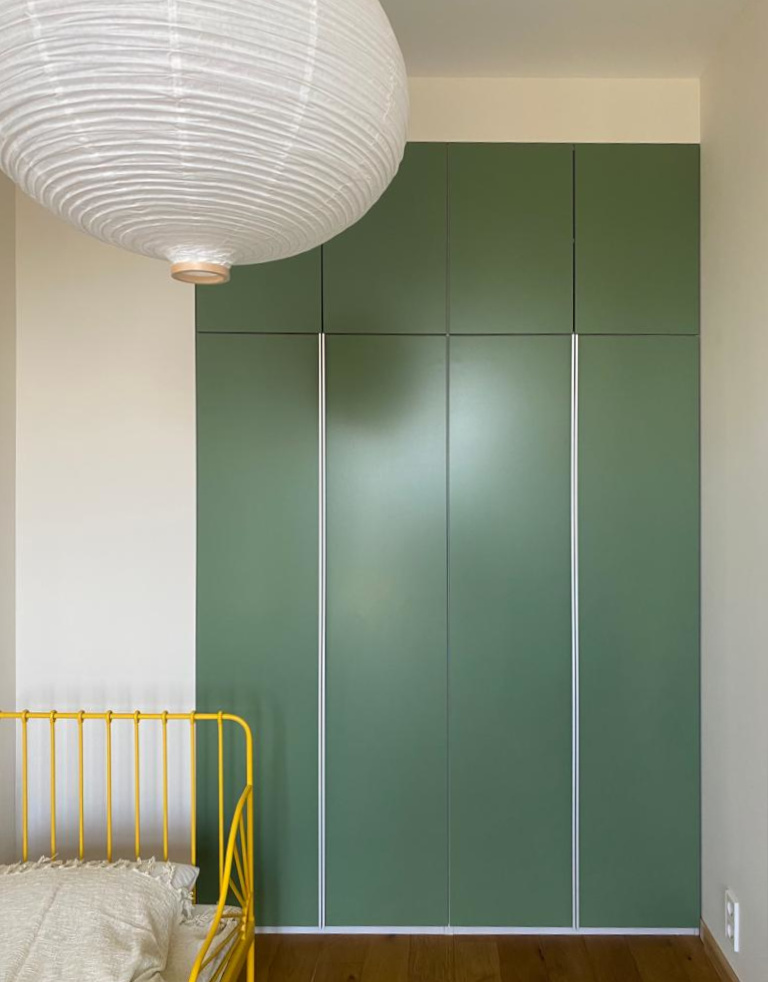
Revolutionary Kitchen Design Solutions
The kitchen is often considered the heart of the home, a central hub where families gather, meals are prepared, and memories are made. As such, innovative kitchen design solutions are increasingly sought after to make this space not only more functional but also more enjoyable. The latest trends in kitchen design focus on combining technology with user-centric design, yielding spaces that are efficient, stylish, and adaptable to individual needs.
Maximizing Space with Smart Storage
One of the most common challenges in kitchen design is storage. Revolutionary solutions now incorporate multi-purpose fixtures and smart cabinetry that maximize space. Pull-out cabinets, corner drawers, and over-the-cabinet hooks are just a few storage solutions that have transformed modern kitchens. Designers are also integrating appliances into cabinetry for a sleek, seamless look that enhances both aesthetics and functionality.
Incorporating Technology for Enhanced Functionality
Technology has taken kitchen usability to new levels. Smart kitchens are now a reality with appliances and gadgets that can be controlled via smartphone or voice command. From smart refrigerators that can track your groceries to ovens that can be preheated remotely, technology in the kitchen is providing unparalleled convenience. Additionally, advanced materials and surfaces with antibacterial properties are being used to create cleaner, healthier kitchen environments.
Ergonomic Design for Comfort and Efficiency
Ergonomics plays a pivotal role in modern kitchen design. Work surfaces, storage units, and appliances are being tailored to minimize physical strain and enhance efficiency. Adjustable countertops that can change height accommodate the ergonomic needs of different users, ensuring that the kitchen is accessible and comfortable for everyone.
Sustainable Solutions for Eco-Friendly Cooking
Environmental considerations are no longer an afterthought in kitchen design. Sustainable kitchen solutions include energy-efficient appliances, LED lighting, and materials that are both durable and eco-friendly. From bamboo flooring to recycled glass countertops, designers are finding innovative ways to reduce the ecological footprint of the kitchen without compromising on style or functionality.
Personalized Spaces with Flexible Design
As lifestyles change, so do kitchen requirements. Flexible design is at the forefront of kitchen innovation, with modular units and movable components that allow homeowners to reconfigure their spaces as needed. Personalized details, from pop-up electrical sockets to built-in charging stations, ensure that each kitchen can cater to the specific habits and preferences of its users.
Seamless Indoor-Outdoor Transitions
The desire for a seamless flow between indoor and outdoor spaces is shaping kitchen design as well. Bi-fold doors, pass-through windows, and durable outdoor countertops extend the kitchen to patios and gardens, inviting natural light in and making al fresco dining more accessible. This blurring of boundaries creates a sense of openness and connects the home with nature.
Conclusion: A Future-Forward Approach to Kitchen Design
The revolution in kitchen design is ongoing, with new solutions continually emerging that promise to enhance the culinary experience. From smart technologies to sustainable materials, the kitchens of the future are being crafted with an eye toward innovation, functionality, and personal expression. As these trends continue to evolve, they promise to transform the way we think about and inhabit one of the most important spaces in our homes.